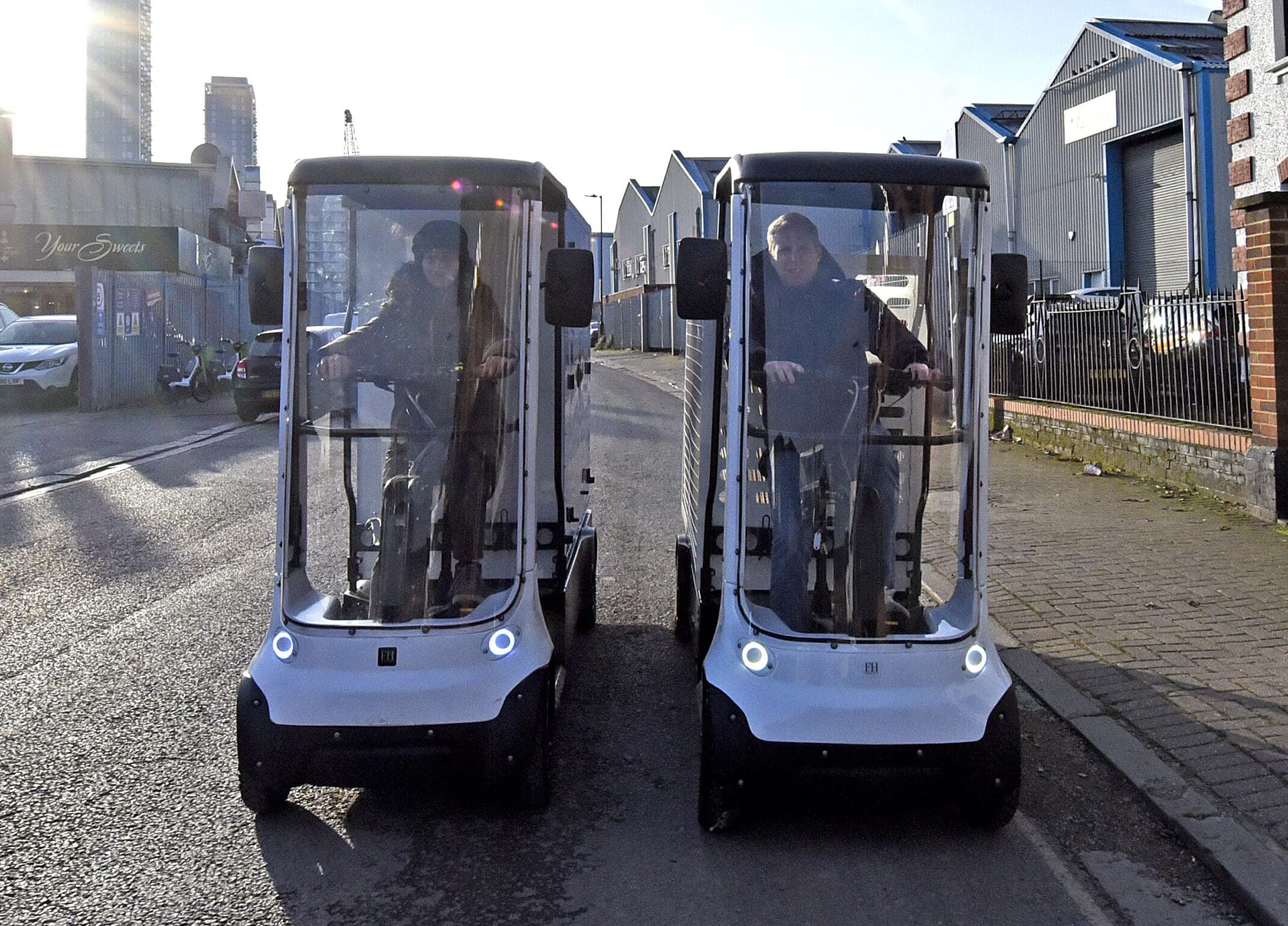In the bustling urban landscapes where air quality concerns peak amidst dense populations and traffic congestion, innovative solutions are essential. Fernhay’s eQuad emerges as a beacon of change, promising a sustainable and cleaner future for city logistics. This article delves into how the eQuad is transforming urban environments, reducing emissions, and setting a new standard for delivery mechanisms. The adoption of this technology could significantly alter how we perceive and manage urban transportation.
What is the eQuad?
The eQuad, developed by Fernhay, is an electrically assisted cargo bike designed to navigate the complex terrain of urban settings efficiently. It offers a zero-emission alternative to traditional delivery vans, specifically engineered to meet the challenges posed by city logistics. With its compact design and significant load capacity, the eQuad represents a pivotal shift towards eco-friendly urban transportation solutions. Its introduction marks a crucial step in addressing the environmental challenges faced by modern cities.
The Environmental Impact of eQuad
Reduction in Emissions
By replacing diesel and petrol delivery vans, the eQuad significantly cuts down on the release of noxious gases such as carbon dioxide (CO2), nitrogen oxides (NOx), and particulate matter. This transition to electrically powered transport is crucial in cities struggling to meet air quality standards and in reducing the urban heat island effect exacerbated by emissions from conventional vehicles. Such changes are vital for cities aiming to achieve long-term sustainability goals.
Energy Efficiency
The electric assist mechanism is designed for optimal energy use, ensuring that deliveries can be made more efficiently than ever before. Its ability to navigate through traffic and utilize cycling infrastructure means less idling and more consistent movement, which directly translates to lower energy consumption and enhanced operational efficiency. This efficiency not only supports environmental goals but also boosts the economic viability of adopting such innovations.
Economic and Social Benefits
Cost-Effectiveness
For businesses, the adoption of eQuads can lead to substantial cost savings. Lower fuel costs, reduced maintenance, and avoidance of congestion charges contribute to a more economical choice compared to traditional delivery vehicles. Furthermore, the ability to expedite deliveries through congested city streets enhances productivity, providing an economic boost to local businesses. These savings can be reinvested into other areas of business, driving further innovation and growth.
Improving Public Health
The reduction in vehicular emissions has a direct positive effect on public health. Cleaner air means lower rates of respiratory diseases and allergies among urban populations, which is a significant step towards improving the overall quality of life in cities. This public health improvement also reduces healthcare costs, contributing to a healthier, more productive workforce.
Challenges and Future Directions
Despite the promising advantages, the widespread adoption of eQuads faces several challenges. These include infrastructure limitations, such as the need for more extensive and safer bike lanes, and initial investment costs. However, with continuous technological advancements and increasing governmental support for sustainable transport solutions, the future looks promising for eQuads and similar innovations. Overcoming these challenges is essential for maximising the potential benefits of this revolutionary transportation model.
Conclusion
Fernhay’s eQuad stands at the forefront of revolutionising urban delivery, offering a sustainable, efficient, and health-conscious solution. As cities continue to grow and seek sustainable options, the eQuad could play a vital role in shaping the future of urban transport, making our cities cleaner, healthier, and more livable. Its continued adoption and integration into existing urban frameworks could be key to achieving urban sustainability and improved quality of life for city dwellers.

